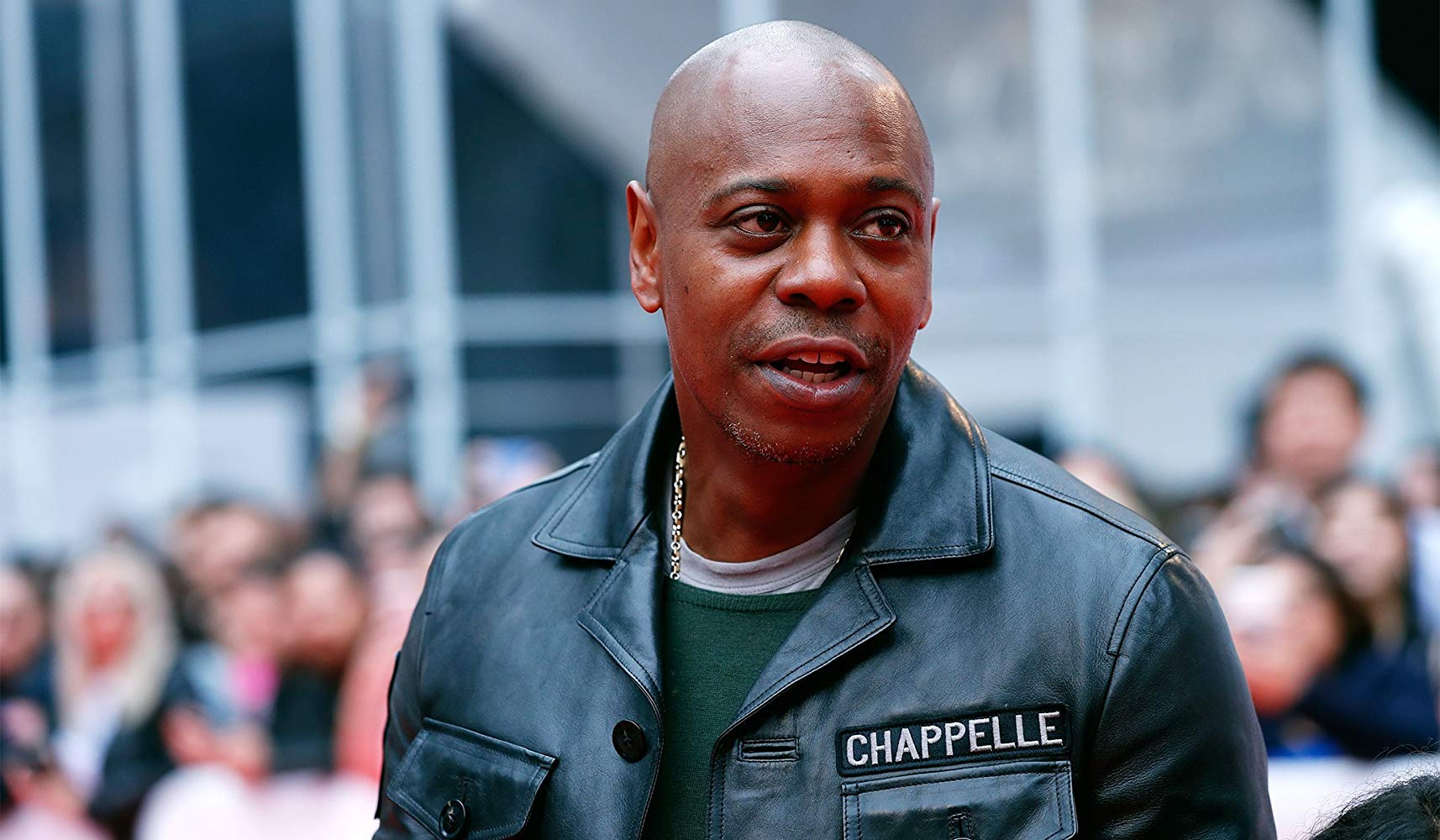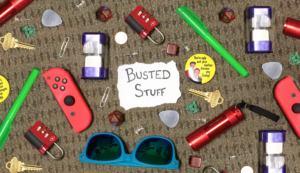In perhaps one of the most controversial comedy specials in the last 10 years, Dave Chappelle opens with a joke about Anthony Bourdain’s suicide. Bourdain, the victims of Michael Jackson, the LGBTQ+ community, and the #MeToo movement are just some of the casualties in Chappelle’s comedic protest of political correctness.
After walking away from a massive deal with Comedy Central in 2005 and all but disappearing from the comedy scene until recently, in 2017 Netflix offered Chappelle $60 million for three shows. The first two were remarkably political, already touching on sensitive topics, but his most recent show, “Sticks & Stones” scoffs in the face of political correctness in a way that has conservatives championing the comedian.
This special, at times undeniably funny and at others entirely distasteful, begs the age-old question: What is and isn’t off limits in comedy? Ever more relevant in the modern era of cancel culture, this question is hard to answer. To rule out all comedy that plays off stereotypes and sensitive subjects would rule out some of the best, most insightful jokes that we have.
Chappelle showed us this in his joke about school shooting drills: “While you’re in there training [the students] during these drills, well, aren’t you training the shooter, too?” Succinct, poignant, and perfectly balanced on the line of controversial and hilarious, this joke shows clearly how being inappropriate can be successful.
I would even venture to say that these sorts of jokes, ones that play on emotionally difficult sociopolitical circumstances, are exactly the types of jokes that need to be made. But what differentiates the good, funny, and potentially controversial jokes from the ones in poor taste?
There’s an x factor that’s hard to pin down and inherently affects the impact of a joke; sometimes it comes from context, sometimes it comes from tone. Take Blazing Saddles (1974), for example, a notoriously racially insensitive movie. My parents used to love it, but now, after years of growing and learning with the rest of America about what is and isn’t appropriate to laugh about, they could hardly watch the movie the last time they caught it on air. The context changed, and so did the impact of the jokes made—what was once funny is now distasteful. The same could be said about Chappelle’s joke where he pretends to be an Asian man, cartoonish accent and squinting eyes included. In our modern context, that joke is simply distasteful.
But tone is even more important, and the reason why so many of Chappelle’s jokes fell short in this special. Tone isn’t just how a comedian delivers a joke, it’s how the joke sounds—the spirit of the joke, even, what the comedian means by the joke. There was an edge to this special that was palpable. Chappelle knew he was crossing the line and he clearly didn’t care, as he emphasized, “Doesn’t matter what I say. And if you’re at home watching the show on Netflix: remember, bitch, you clicked on my face.” We could hear this edge in Chappelle’s many jokes spoofing on transgender people’s “hilarious predicament,” which were delivered with very little sympathy—Chappelle was laughing at, not with, transgender people.
Even worse was the extended bit about “The Alphabet People,” referring to the LGBTQ+ community, all driving through the world together in the same car. Chappelle started strong with a joke about the (white) gay men driving the car because they know the roads of oppressions: “In fact, [they] built these roads.” A very good joke, which Chappelle followed with a string of false stereotypes about “alphabet” infighting. Chappelle said the G’s and L’s think the B’s are “fucking gross.” I don’t think so, Dave. This bit is so definitely out of touch with what actually happens in the LGBTQ+ community, one that is much more mutually supportive and intersectional than Chappelle makes out, that it just wasn’t funny.
Without a doubt, Chappelle’s most effortlessly successful jokes in this special were the ones that only a black comedian would be “allowed” to tell according to PC culture. Chappelle ended an incredibly good story about an encounter with a network representative with a genius punchline that hinged upon his use of the n-word (you have to watch the special for this one). No non-black comedian could as effectively deliver that joke. While joking about Jussie Smollett’s staged assault, Chappelle drives home with a well-timed Nigerian accent exactly how ludicrous it is to claim that two MAGA-hat-wearing black immigrants would supposedly assault Smollett for being black and gay.
It’s not that comedians can or should only tell jokes about identity groups that they belong to, that’s far from the case. But, the best comedy comes from truth, and the best way to joke about something is from having lived it. That is why Chappelle’s “black” jokes were so good —they felt truthful—while the “Alphabet People” jokes felt stale and unrelatable. Dave Chappelle nailed some laughable, insightful truths in this special—many that had nothing to do with race—but he also missed the mark many times. Some may call his choices politically brave, but it seems to me that by turning off the PC filter, Chappelle seemed to turn off the quality filter, too. Sticks and stones may break bones, but for a comedian, it’s bombed jokes that hurt the most.







